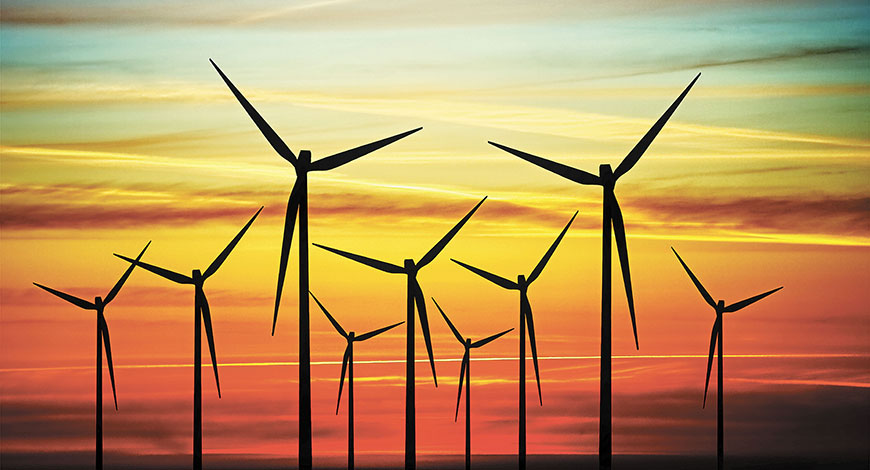In 2013, the government of India passed Section 135, mandating companies with a certain turnover to spend 2% of their average profit for the past three years on corporate social responsibility (CSR).
The World Bank and the International Monetary Fund project India to be the world’s fastest growing large economy for the next decade. In terms of purchasing power parity, it already is the third largest economy in the world. While these statistics may appear impressive at first glance, the reality is that, as a nation, we are still grappling with complex socioeconomic challenges – poverty, income inequality, human rights violations and gaps in delivery of basic needs in healthcare, education and nutrition.
In 2013, the government of India passed Section 135, mandating companies with a certain turnover to spend 2% of their average profit for the past three years on corporate social responsibility (CSR). Driving the passage of the law was the intent to have the country’s businesses actively participate in the social development of the country.
Four years have passed since the law came into effect and India should now assess the efficacy of corporate social responsibility initiatives in the context of their raison d’être. India is at an important stage in its development history: while it surges forward economically on one hand, it also confronts developmental challenges that affect the length and breadth of the country. For a country of 1.3 billion, out of which approximately 23% live below the poverty line, urgency marks the need.
CSR cannot at this stage remain a passive participant at the fringes of the development sector, playing a marginal or supporting role. The need of the hour and the capabilities of corporate India urge companies to the occasion and use both their financial and non-financial resources to bring about catalytic change in the development process.
Developmental challenges are characterized by the interconnection of various issues at the ground level and if CSR interventions are to be sustainable and impactful, then the conceptualization of these programs necessitate the understanding of this reality.
The best practice in such a scenario is to have long-term and holistic approach to CSR programmes in rural development, which looks at linkages between various interventions, stakeholders and solutions.
Nowhere is this more apparent as in the case of access to energy. Samhita’s report ‘Energising Development’ in clean energy revealed that as a cause area, it was one of the least funded by companies. Out of a total of 100 companies on the BSE 500 profiled based on their CSR spends, only 39 of them invested in clean energy. Preferred cause areas for investment included education, skills and livelihood and sanitation. The intangible nature of clean energy and a perception that it requires technical knowledge to invest in are among some of the reasons why it has not yet found favour with companies. We, however, believe that energy is the phenomenon that cross cuts across all major themes and is the linchpin without which interventions in other cause areas cannot achieve their truest potential.
For example, an intervention in education in a rural area is hindered in its delivery by a lack or irregular supply of electricity. Digital literacy will not be possible and this has ramifications on India’s much vaulted demographic dividend- the employability of India’s working pool of youth will be curtailed by their lack of knowledge of key skills. Similarly, the services that a public health centre (PHC) in a rural area can offer can only be enhanced with a regular supply of electricity.
Our research showed that out of the 39 companies that engaged in clean energy, over 28 companies did so by investing in product-based solutions such as solar lamps and streetlights with a few that invested in minigrids. While such investments are necessary, we believe that a more holistic approach to clean energy interventions focusing on long term sustainability such as supporting repairs and maintenance has the potential of achieving impact at scale. Companies have used clean energy to empower women, accelerate micro entrepreneurship by training women in the assembly of such clean energy products.
Not just companies but even social enterprises such as Smart power for Rural Development (SPRD) realize the larger value add that clean energy can bring into the development ecosystem. They create forward and backward linkages in the ecosystem through creating awareness about their products; providing training, opportunities for entrepreneurship, and incentivising energy providers and energy product companies to enter the rural market. Similarly, Dharma Life has created linkages with distributors, retailers and village entrepreneurs who they train, to ensure that quality products such as solar lamps and stoves reach the last mile in rural areas.
So, while clean energy can enhance the effectiveness of programs in different cause areas, it also has the potential to drive impact in other areas such as behaviour change, women empowerment, skilling and entrepreneurship as evidenced through the work the SPRD and Dharma Life have done.
The time has come to overhaul approaches to traditional CSR investment. As India steps into a new tomorrow, large swathes of its population are still falling behind on key human development indicators. We believe that the timing is opportune to catalyse transformative impact in the development sector in an accelerated mode in India.
Clean energy with its ability of bolstering the efficacy of CSR interventions is a prime example of the catalytic potential CSR can manifest for India as it looks towards a more just and equitable future.
Disclaimer: The views expressed in the article above are those of the authors’ and do not necessarily represent or reflect the views of this publishing house
Article Source: BW Disrupt

